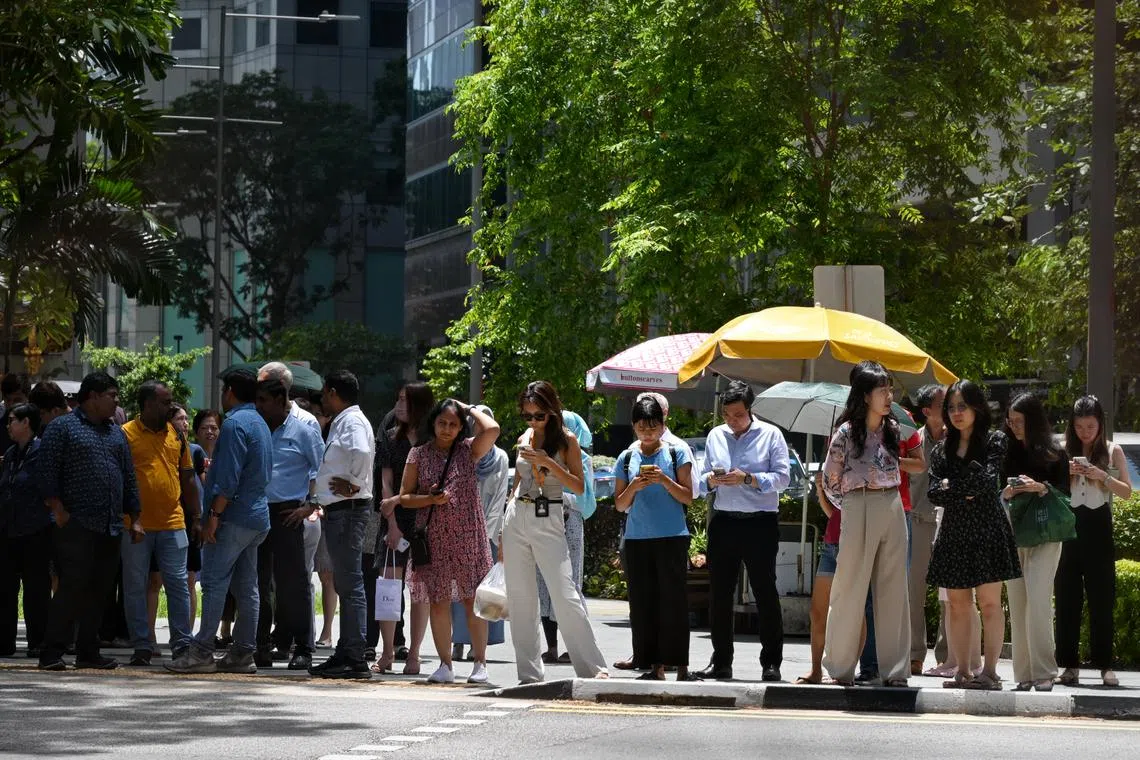For subscribers
‘Workism’ isn’t the enemy
It’s not wrong to find meaning and identity primarily in your work. The danger lies elsewhere.
Sign up now: Get ST's newsletters delivered to your inbox

Workism, rightly understood, is not our cultural disease. At its best, it’s simply one way of living meaningfully, says the writer.
ST PHOTO: KUA CHEE SIONG
Matthew Hammerton
Follow topic:
Criticism of work is nothing new. Long hours, low pay, uninspiring tasks – these are longstanding and justified grievances. But in recent years, a different concern has emerged: not that work is miserable, but that we expect too much from it. According to this line of thought, finding meaning and identity primarily in your job – a tendency now labelled “workism”– is misguided, even dangerous.
That critique deserves a closer look. While workism can certainly go wrong, dismissing it outright risks pathologising a life choice that, for many people, is both reasonable and fulfilling. To understand why, we need to clarify what critics are actually opposing.

